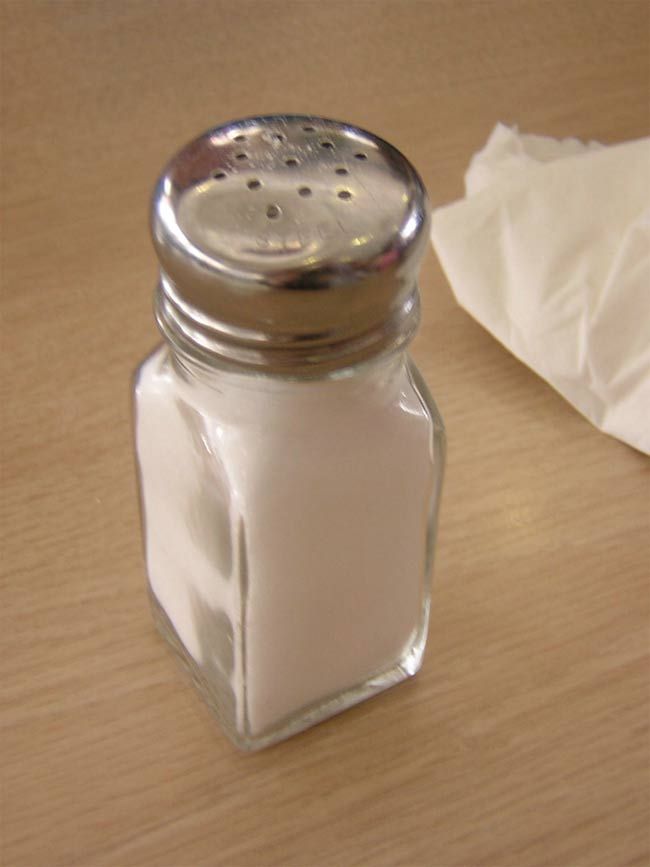Don't Sneeze: New Batteries Smaller than Salt Grains

The next generation of lithium-ion batteries could be small enough to pour out of a saltshaker.
Lithium-ion batteries have become ubiquitous in today's consumer electronics, powering laptops, cell phones, and portable music players. Now research funded by the Department of Defense's research wing, DARPA, is pushing the limits of this technology in trying to create some of the tiniest batteries on Earth, the largest of which would be no bigger than a grain of sand.
These tiny energy storage devices could one day be used to power the electronics and mechanical components of tiny micro- to nanoscale devices.
Jane Chang, an engineer at the University of California, Los Angeles, is designing one component of these batteries: the electrolyte that allows charge to flow between electrodes. She presented her results this week at the AVS 57th International Symposium & Exhibition held in at the Albuquerque Convention Center in New Mexico.
"We're trying to achieve the same power densities, the same energy densities as traditional lithium ion batteries, but we need to make the footprint much smaller," said Chang.
To reach this goal, Chang is thinking in three dimensions. She and her collaborators are coating well-ordered micro-pillars or nano-wires – fabricated to maximize the surface-to-volume ratio, and thus the potential energy density – with electrolyte, the conductive material that allows current to flow in a battery.
Using atomic layer deposition – a slow but precise process that allows layers of material only an atom thick to be sprayed on a surface – she has successfully applied the solid electrolyte lithium aluminosilicate to these nanomaterials.
Sign up for the Live Science daily newsletter now
Get the world’s most fascinating discoveries delivered straight to your inbox.
The research is still in its early stages: other components of these 3-D microbatteries, such as the electrodes, have also been developed, but they have yet to be assembled and integrated to make a functioning battery.
• Wax and Soap Wash Away Barriers to Cheaper Batteries • Super-Pressurized Material Could Lead to More Efficient Batteries • 11 Technologies in Danger of Going Extinct












